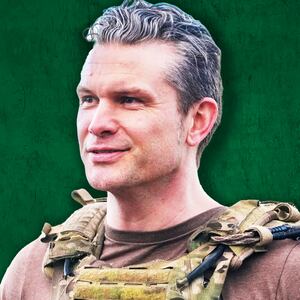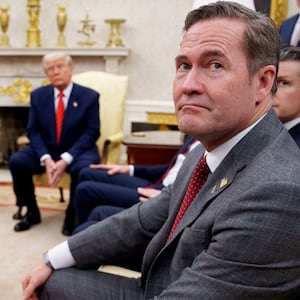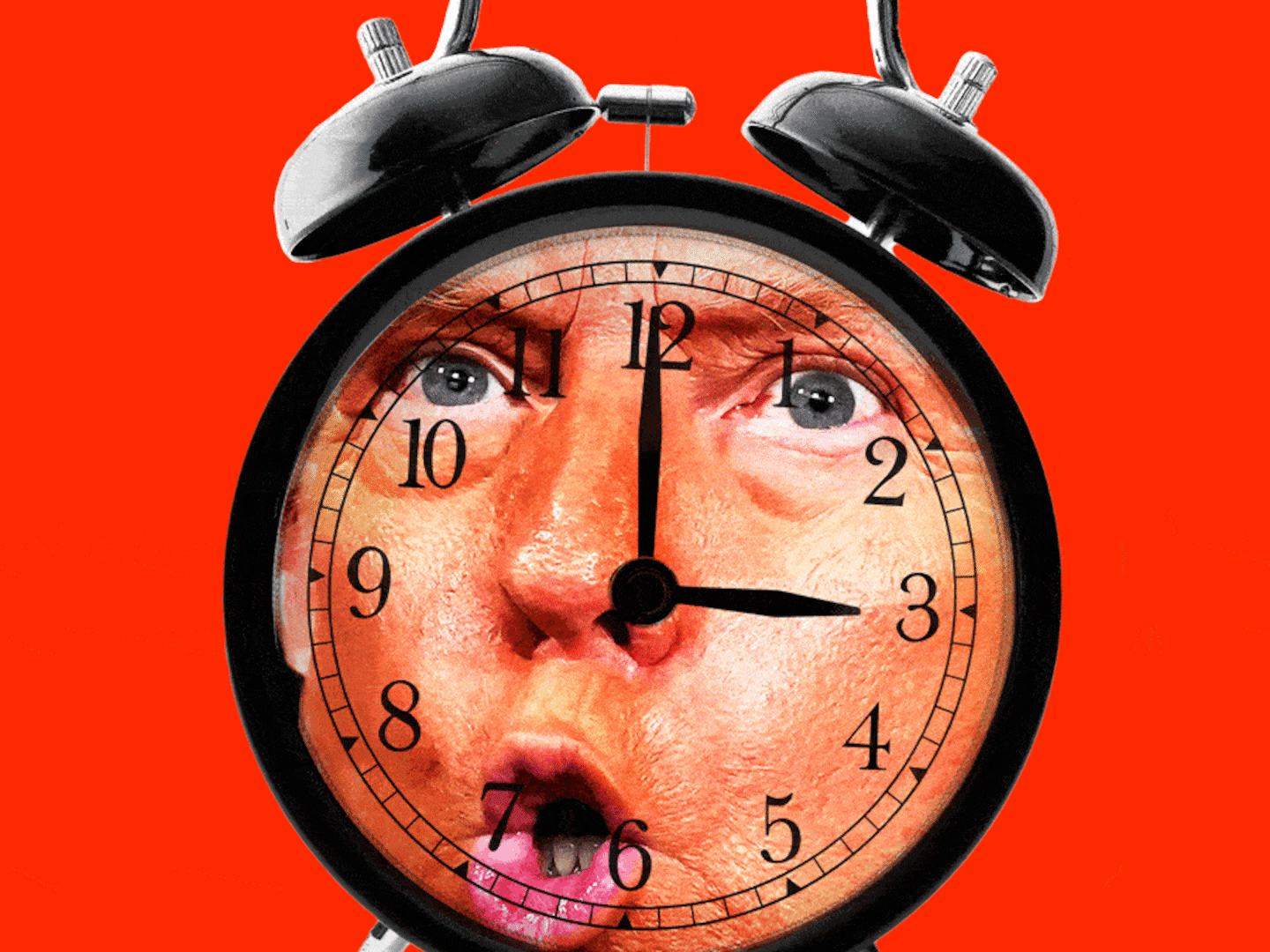Atlantic editor Jeffrey Goldberg defended his decision Wednesday to publish the full transcript of messages from a secret government group chat he was added to, as White House officials struggle to downplay the catastrophic leak.
National Security Adviser Mike Waltz accidentally added Goldberg to the Signal group chat, in which top Trump officials including Vice President JD Vance and Defense Secretary Pete Hegseth discussed imminent military operations in Yemen.
After an article about the leak was published in The Atlantic earlier this week, those involved have tried to dismiss its severity by claiming that none of the information was classified—which prompted the magazine to publish the transcripts in full on Wednesday.
Goldberg discussing the decision to release the messages in an appearance Wednesday morning on MSNBC’s Morning Joe.
“Well, first of all, we didn’t do this lightly and all yesterday we were asking our contacts across the administration national security complex—CIA, DNI etc.—since the president has declared this unclassified, and since the DNI and the head of the CIA said there’s nothing sensitive or nothing classified in these documents, we just want to make sure that you don’t have specific objections to this kind of information going out in public,” Goldberg told host Mika Brzezinski.
“The White House issued us an anodyne statement last night saying that they think that some of this is sensitive and they would rather not have it out there, but there was no objections to specific details.”
Only one piece of specific information was redacted after an editorial decision and a request from the CIA, Goldberg added.
“But, you know, at a certain point, the administration is saying that there’s nothing classified or secret or sensitive in these, so at a certain point, I just felt, you know, let let our readers decide for themselves, read these texts that I got while sitting in my car at a Safeway parking lot two hours before the attack launched, and you tell me if this seems like good operational security. I really mean it—let the readers decide.”
Reacting to the response from the White House, which saw Trump refer to him as a “sleazebag” and Waltz insinuate that foul play was involved, Goldberg said: “Well, I mean it’s kind of rude. First they invite me to their Signal chat and then they call me names.
“I mean, I get it, Mike Waltz is looking for the real killer. You know, the simple truth of the matter is, on March 11th, Mike Waltz sent me a message request on Signal, and I accepted it. That’s the entire story. There’s no there’s no derring-do here. I entirely passively accepted his request to connect on Signal. I’m not going to comment on my relationship with Mike Waltz, he’s been saying unserious and unkind things about me. That’s OK.
“But, you know, the story is the story. March 11th: He reached out. March 13th: I’m added to the ‘Houthi PC small group.’ March 15th: They announce to the small group before the attack occurs that the attack is occurring and what weapons they’re using. And then I began the process of writing up what I thought was a story about a massive security breach at the highest levels of the United States government. That’s the story.”







